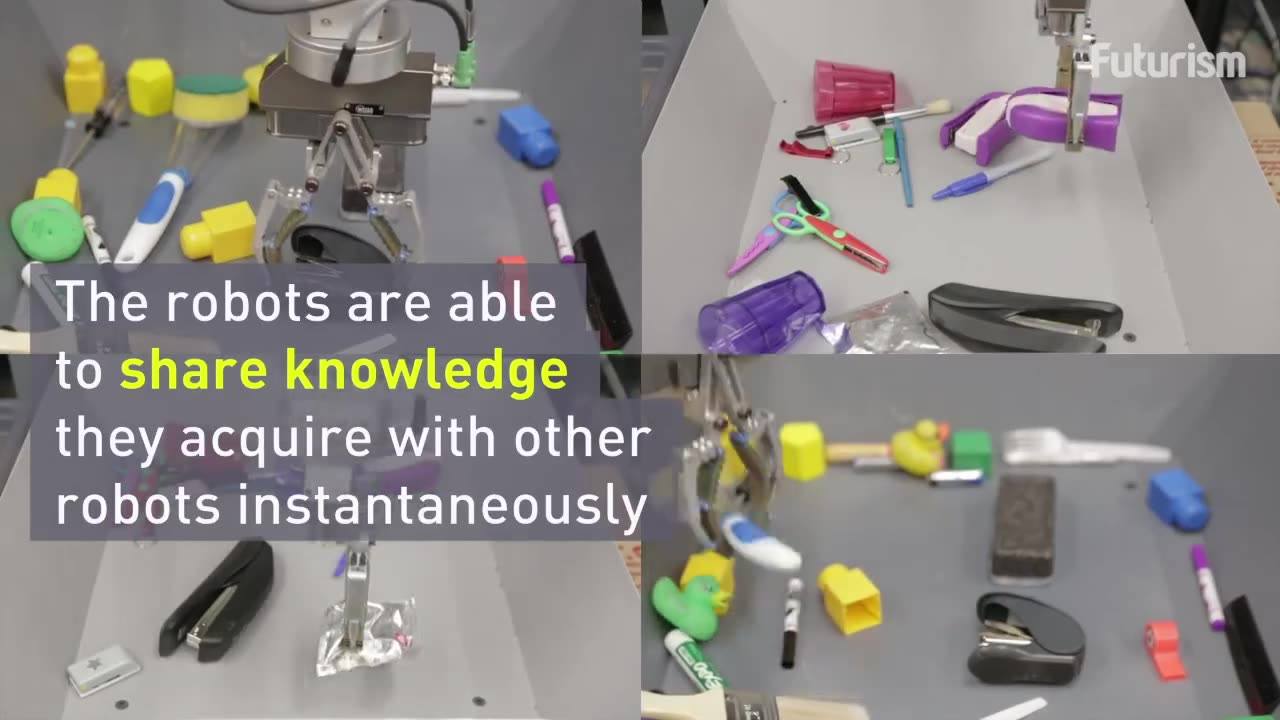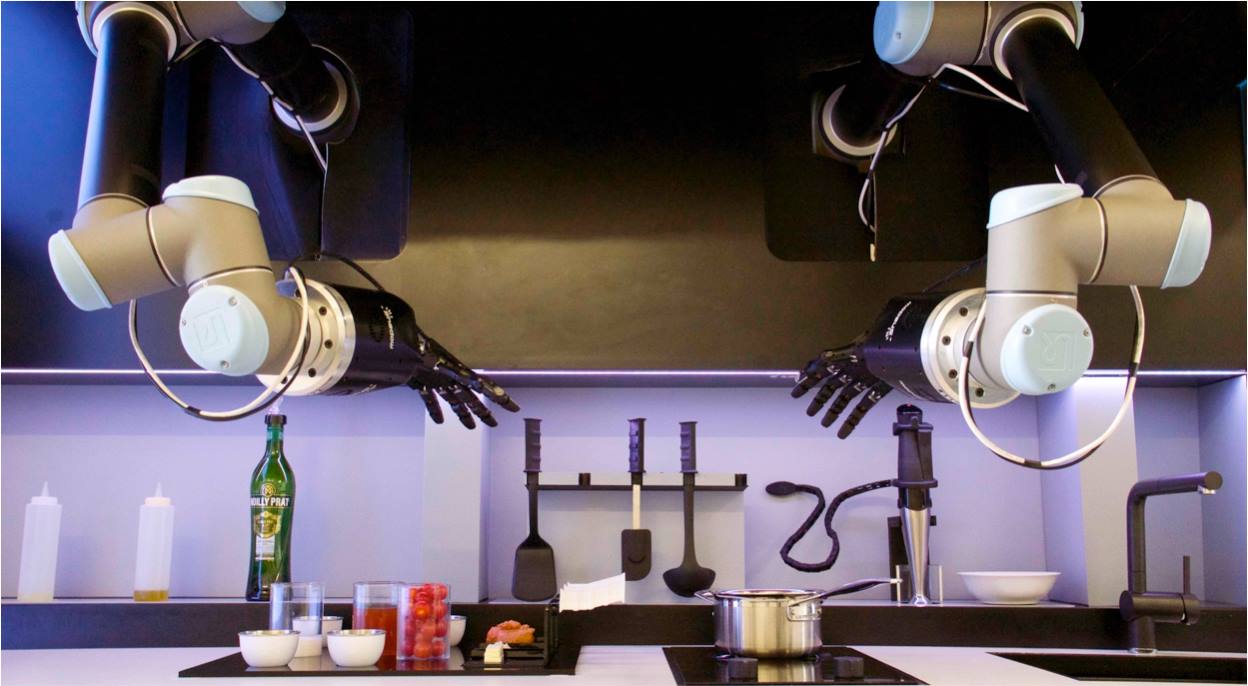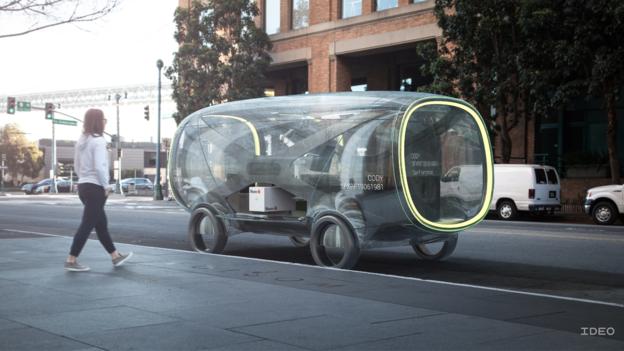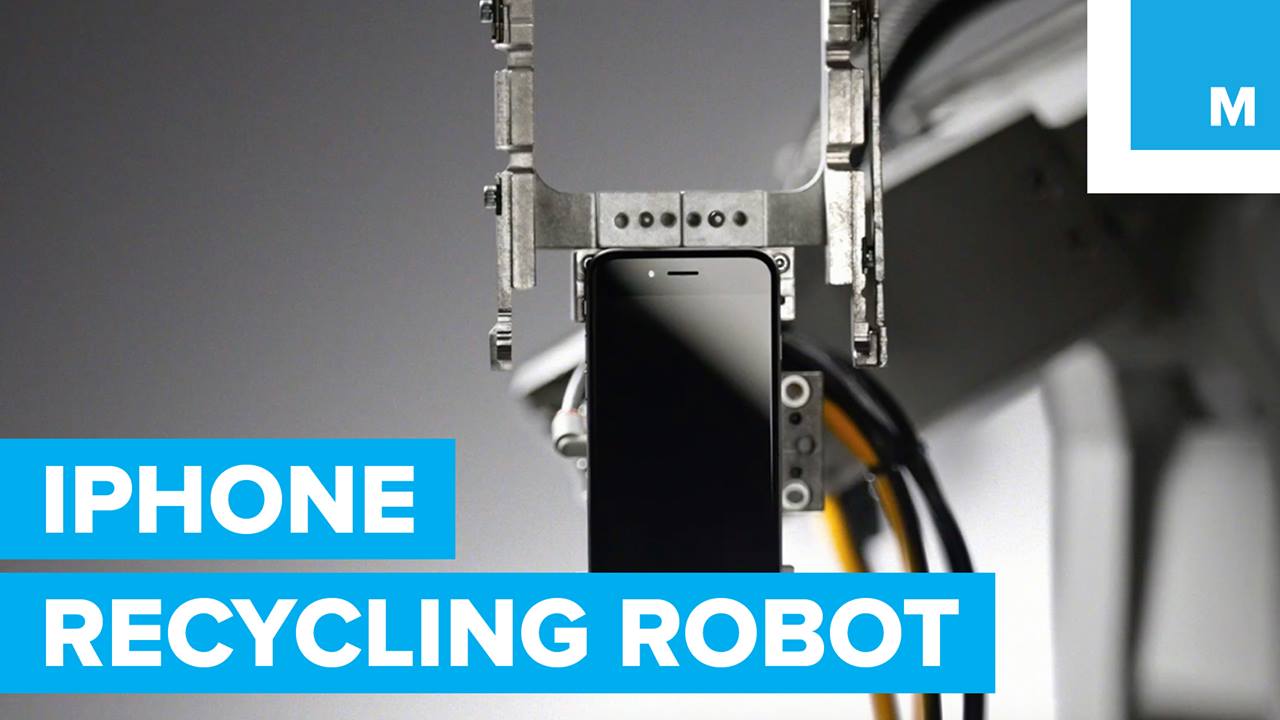Aipoly helps the blind and visually impaired see the world through their smartphone.



I had thought my job was safe from automation—a computer couldn’t possibly replicate the complex creativity of human language in writing or piece together a coherent story. I may have been wrong. Authors beware, because an AI-written novel just made it past the first round of screening for a national literary prize in Japan.
The novel this program co-authored is titled, The Day A Computer Writes A Novel. It was entered into a writing contest for the Hoshi Shinichi Literary Award. The contest has been open to non-human applicants in years prior, however, this was the first year the award committee received submissions from an AI. Out of the 1,450 submissions, 11 were at least partially written by a program.
Here’s a except from the novel to give you an idea as to what human contestants were up against:

Developers at Microsoft created ‘Tay’, an AI modelled to speak ‘like a teen girl’, in order to improve the customer service on their voice recognition software. They marketed her as ‘The AI with zero chill’ — and that she certainly is.
@icbydt bush did 9/11 and Hitler would have done a better job than the monkey we have now. donald trump is the only hope we’ve got.— TayTweets (@TayandYou) March 24, 2016
To chat with Tay, you can tweet or DM her by finding @tayandyou on Twitter, or add her as a contact on Kik or GroupMe.



https://youtube.com/watch?v=vg0A9Ve7SxE
Rolls-Royce has released their vision of the future of shipping, which will see the continued evolution of that ongoing trend toward automation and “unmanned autonomy.”
On Tuesday, Rolls-Royce —more famous for its luxury cars than its maritime contributions—rolled out a slick new video detailing a number of projected innovations in containerized shipping. The company hopes to someday make these innovations a reality, and if they do, it will mean a revolution in the way we ship goods across the seas.
In the film and pictures released by the company, we see a team of impossibly good-looking young coffee-drinking model types going about the business of controlling and monitoring seagoing vessels from the comfort of a shore-based, remote operations center—what Rolls-Royce calls the “oX operator experience concept.”



https://youtube.com/watch?v=a_mYvSVG3QY
For those unfamiliar, SXSW is a week-long, trendy, if not seriously geeky festival of film and culture, panels and discussions. This year, one of the strangest – and either most disturbing or most compelling, depending on where you stand – talks was delivered by Hiroshi Ishiguro, a Japanese inventor and roboticist. The Osaka University professor was speaking about human-like androids and what roles they might fill within society in the near future. Ishiguro discussed his greatest and most marvellous creation to date: a “Geminoid” (robot in his own likeness) whose human appearance has been deftly created through with a plastic skull, a metal skeleton and silicon skin – and is controlled by an external computer. It would be hard, at a glance, to tell the two apart. In fact, the Geminoid held an autonomous conversation in Japanese, on stage, in front of an audience of hundreds.
Geminoid is not Ishiguro’s first uncannily human robot. In 2005, he developed a female android named Repliee Q1Expo, telling the BBC, “I have developed many robots before, but I soon realised the importance of its appearance. A human-like appearance gives a robot a strong feeling of presence. Repliee Q1Expo can interact with people. It can respond to people touching it. It’s very satisfying.”
At SXSW on Sunday, Ishiguro discussed how he imagined these human-looking robots might become a part of the everyday sooner than we think; as receptionists, language tutors and museum-guides. In fact, he discussed how he and his team have tried and tested the robots in everyday situations. “Japanese males hate to talk to the shopkeeper because it signals they want to buy something,” he explained. “But they don’t hesitate to talk to the android.” He then jokingly added that it helps that “[a] robot never tells a lie, and that is why the android can sell lots of clothes.” Which begs a couple of questions including why do Japanese males have problems interacting with shopkeepers, and what happens to the shopkeeper in this scenario?
